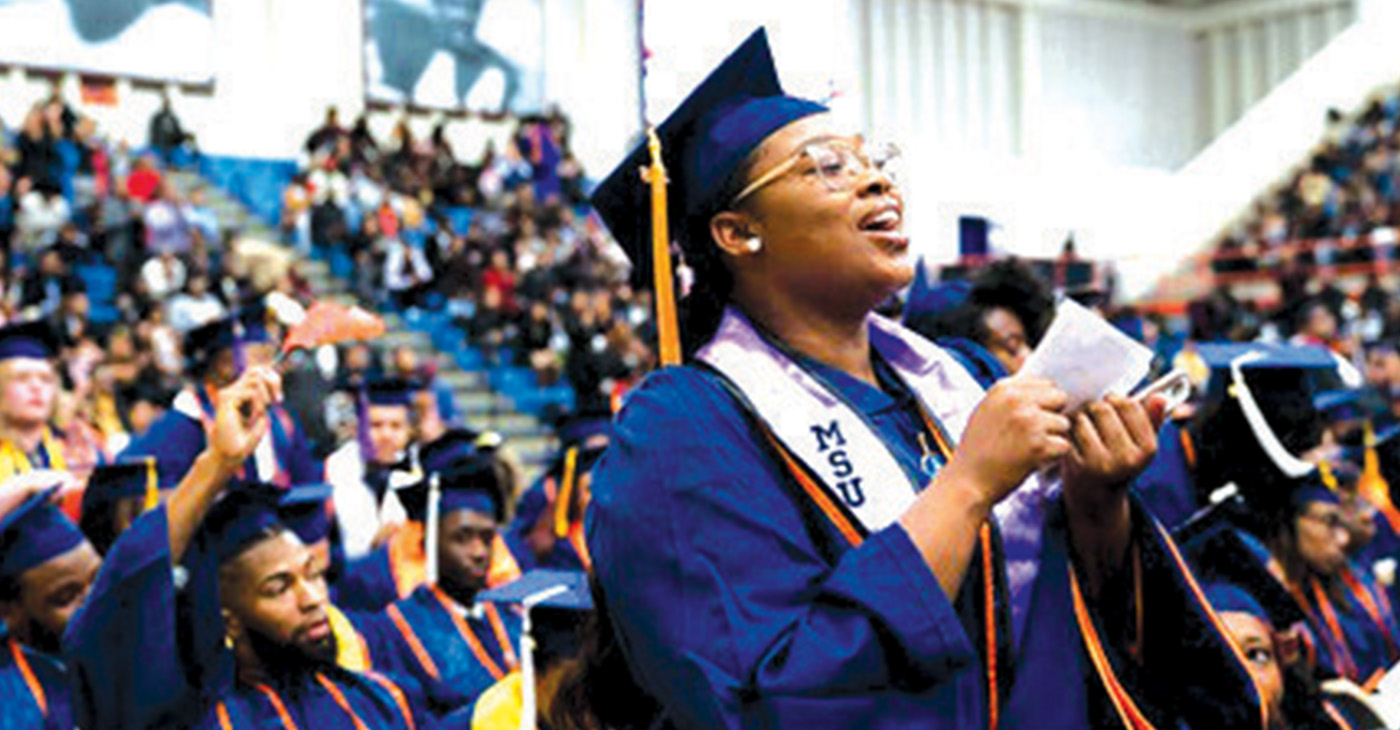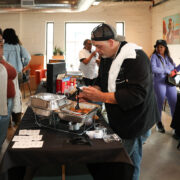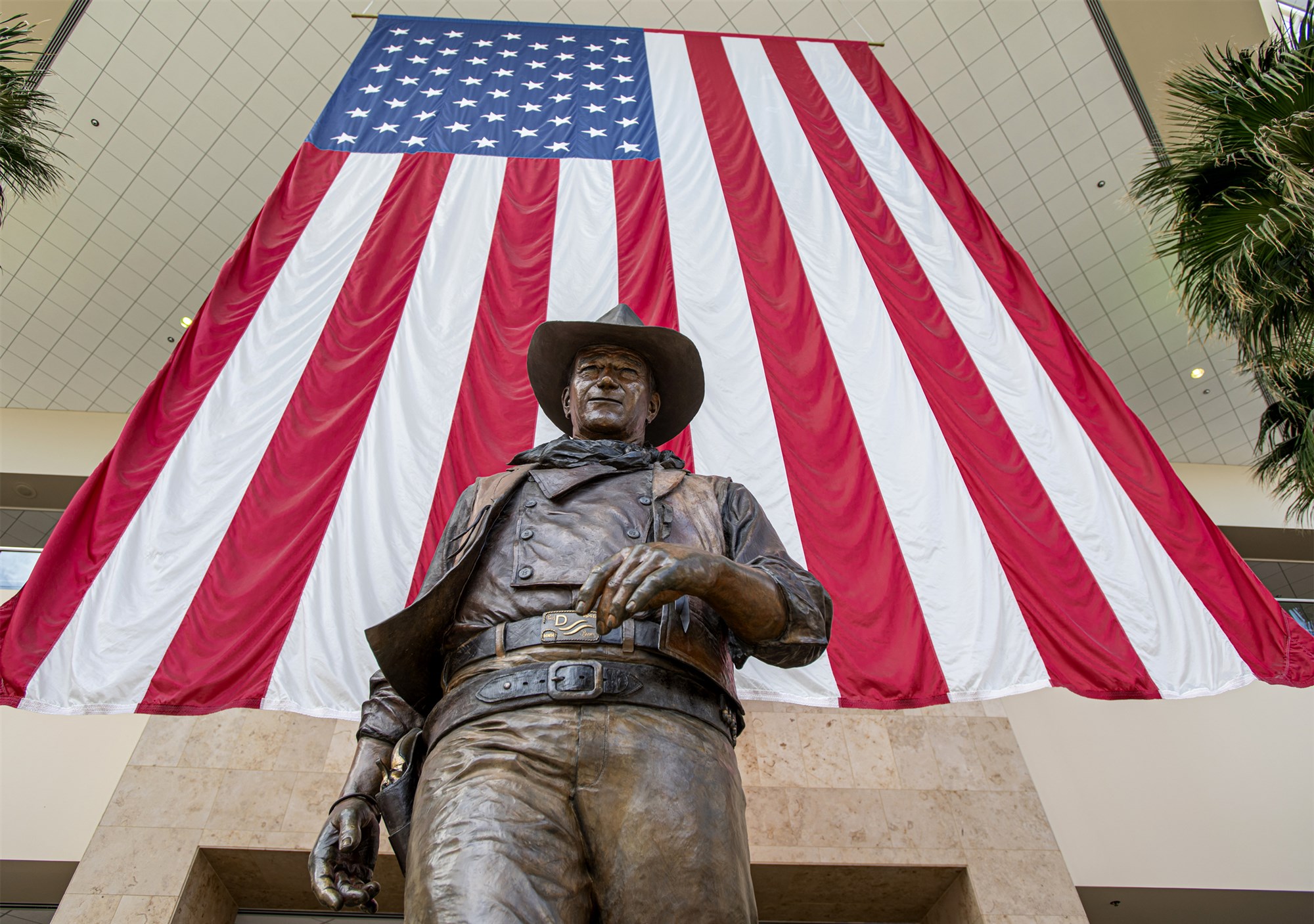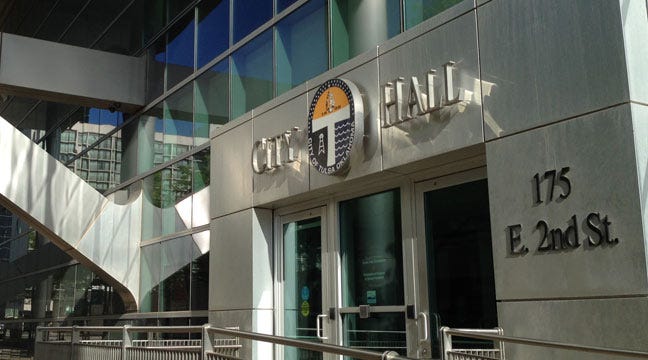
If preliminary data estimates on the recent 2020 primaries in North Carolina are accurate, student voters on HBCU campuses must raise their turnout game come the general election this November.
By Cash Michaels and Peter Grear, Greater Diversity News
If preliminary data estimates on the recent 2020 primaries in North Carolina are accurate, student voters on HBCU campuses must raise their turnout game come the general election this November.
So says Dr. William Busa, founder of EQV Analytics, a ‘North Carolina-focused campaign consulting firm serving Democratic candidates with advanced campaign analytics.
Dr. Busa served as digital director to NC Associate Justice Anita Earls 2018 campaign to the state’s high court.
Cautioning that his numbers right now are “95% accurate” because all of the 2020 primary data has not been released yet by the NC Board of Elections, Dr. Busa says they are close enough to being conclusive for him to draw worthy conclusions.
Busa analyzed student voter turnout from ten North Carolina campuses, three of them HBCUs – N.C. A&T University, in Greensboro, Winston-Salem State University and North Carolina Central University in Durham. All of the campuses analyzed were in precincts dominated by undergraduate students, generally 18 to 22.
Dr. Busa broke his analysis of college voting into early voting (February 13-29th) and voting on Primary Day (March 3rd). Traditionally, the bulk of college student voting occurs during the two-week early voting period.
According to the data, statewide early voting was at 11.4%. At least seven of the ten NC universities tracked for student early voting did much better, with six of the top schools coming in with two to three times the state’s overall voter turnout (Duke was at 34%, for instance).
Winston-Salem State University yielded only an 11.7 student voter turnout, .3% more than the state turnout.
North Carolina Central University, however, could only muster 7.9% student voter turnout.
When the numbers are crunched for Primary Day, Dr. Busa noted that student voting dramatically drops because college students generally find it more difficult to vote then and prefer the more flexible 15-day early voting period.
As a result, because 66% of North Carolina voters vote on Primary day, and college students don’t, they effectively caught up percentage-wise with the high college voting, leaving only Duke University (34.3%) to exceed both groups (NC was at 30.6%) in total voter turnout percentages, Busa says.
NCCU came in at the end of the university list at just 8%. NC A&T came in fourth overall at 20.6%. WSSU was at 13.4%.
Busa says his analysis proves several things – college students are early voters. Either they vote early, or not at all.
Second, the analysis also shows why Republican lawmakers try to keep polling places off university campuses, hoping that by making getting to a polling place more difficult, it would dissuade students from voting.
“It’s a very potent voter suppression tool,” Dr. Busa says. All ten of the campuses analyzed had a campus polling place.
Busa says ultimately, college and university administrations must put more resources behind their campus GOTV (get out the vote) efforts, like Duke University, to get the same stellar results that Duke is getting.
However, students are not sitting still. They’re fighting back against the agents of voter suppression and they are being helped by the NC NAACP, offering guidance and resources and Greater Diversity News, offering publicity.
For the entire article go to: www.blackpressusa.com









